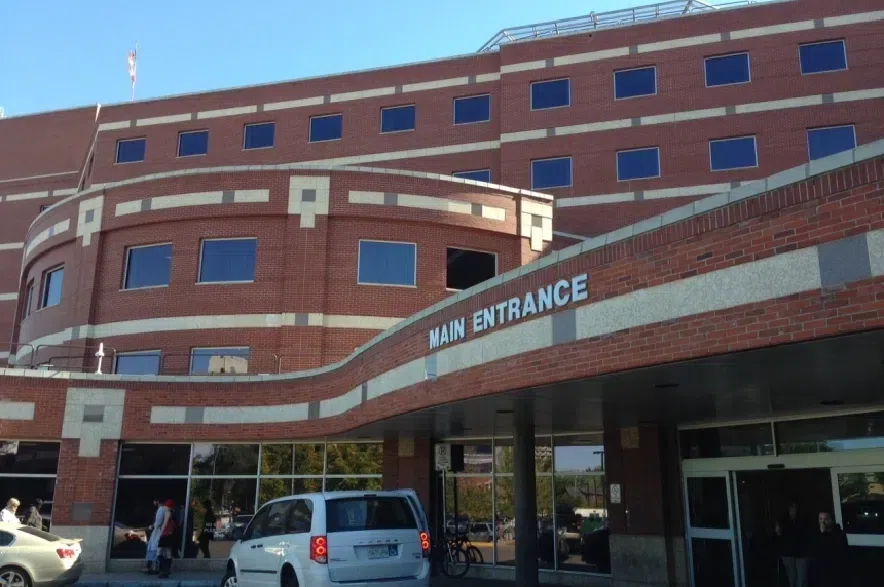Patients at Regina General Hospital and Pasqua Hospital will not have access to interventional radiologists until Friday.
According to a Saskatchewan Health Authority (SHA) memo shared by the Saskatchewan NDP, the disruption began on Sunday due to a physician shortage. The memo said several critical medical services will not be available during the disruption.
READ MORE:
- $50 million in electrical improvements coming to Regina hospitals
- NDP says conditions deteriorating, ERs overflowing at Sask. hospitals
- Inquest to be held into death of man after ‘incident’ at General Hospital
Affected services include central line placements (including PICC and PORT lines), nephrostomy tube insertions and changes, and ureteral stenting.
“While there may be temporary disruptions due to limited physician availability, the SHA is committed to minimizing delays and ensuring patient safety and high-quality care for those requiring interventional procedures,” the health authority said in a statement to 980 CJME.
“Urgent and emergency care will always be prioritized, and in some cases, patients may need to be transferred to Saskatoon for these services. In such situations, interventional radiologists in Saskatoon collaborate to assess and provide the appropriate care for each individual.”
The health authority added that recruiting specialists is a top priority, but noted that another disruption is expected to last from October 30 until November 1.
“How can Scott Moe and the Sask. Party look at this crisis in our hospitals and then justify cuts?” Meara Conway, Saskatchewan NDP candidate for Regina Elphinstone-Centre, said in a statement.
“We are in a healthcare crisis. People are being denied access to care on a daily basis in Regina and right across the province and lives are being put at risk.”
The NDP said the party has consulted with physicians about the potential risks brought about by the disruption, and said the impact will be felt greatly by patients.
“In addition to creating the risk of preventable death, we’re told that the lack of interventional radiology services will make the pressure on emergency rooms worse,” Conway said.
“Patients won’t be able to move to long-term treatment plans and that creates downward pressure at a time when we can least afford it.”











